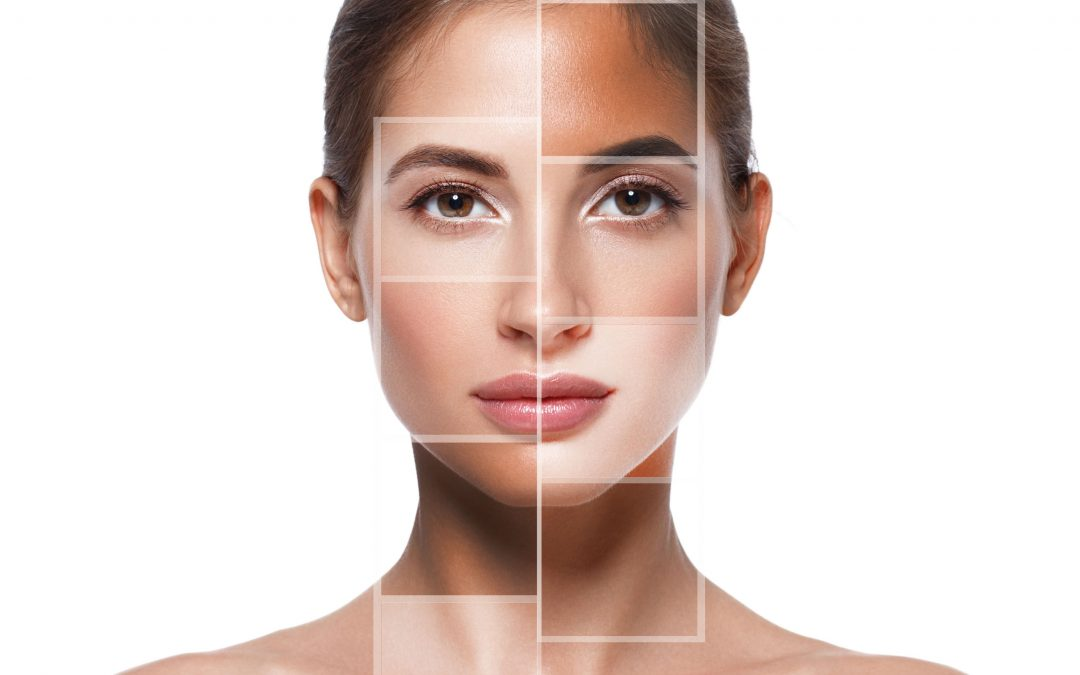
Technology is transforming the personal care industry. Big beauty brands are adopting technologies to deliver a high-quality, personalized experience. Predictions suggest the sector will surpass $34 billion by 2024. L’Oréal is among the brands working with ModiFace for its Style My Hair mobile app, allowing users to ‘try on’ different cuts, styles and colors. Benefit Cosmetics is ‘actively exploring’ new digital initiatives to reach consumers in new ways, following a significant surge of its Brow Try-On experience – which saw a 43% increase between April and May when many consumers were encouraged to stay at home.
DNA-based skincare had a valued market size of $7.4 billion in 2018. Products such as Epigen Care’s SKINTELLI are allowing consumers to test the current quality of their skin before generating a personalized routine based on genetic activity. Smart mirrors, which use AI and AR to adjust an individual’s image, are another way to enhance customer experience. The world’s first 3D make-up printer is set to be released in Autumn 2020. The Mink printer (a portmanteau for “make-up” and “ink”) transforms any image into wearable make- up via its smartphone app.
Almost three-quarters (72%) of consumers want brands to explain what an ingredient does. 42% believe they do not get enough information on ingredient safety. More than 60% want brands. to identify the sources for ingredients used. Feelunique has partnered with EVRELAB to launch Europe’s first transparency technology platform in skincare and cosmetics ingredients. It aims to make complex personal care ingredient information more accessible, so consumers can make informed purchasing decisions, based on health, lifestyle or ethical concerns, at the point of sale, in-store or online. The personal care industry was quick to realize the potential of gathering large scale data and analytics to drive the creation of innovative products.
Beautytech3 Beauty & technology